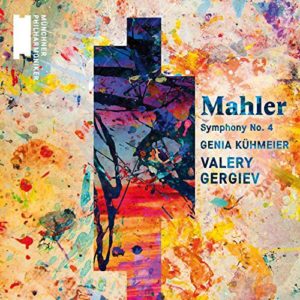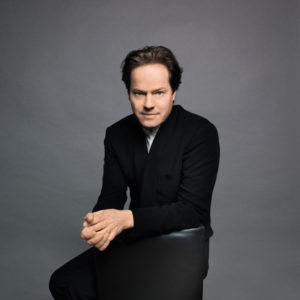Dvorak “Rusalka”, Royal Opera House
It’s on occasions like this that the star-rating system runs into irreconcilable difficulties. I honestly cannot remember a time when musical and theatrical values were in such total divergence. The Royal Opera’s long-overdue first staging of Dvorak’s late masterpiece Rusalka is an incomprehensible travesty – hideously designed (Barbara Ehnes and Anja Rabes) and ineptly directed (Jossi Wieler and Sergio Morabito) with little or no feeling for the deep and abiding sensibilities of a great work. But close your eyes and the inspirational debut of the conductor Yannick Nézet-Séguin brings Dvorak’s wonderful score off the page with thrilling immediacy motivating players and singers alike to rise above the banalities of the staging. The barrage of boos greeting the production team at their curtain call was no surprise. So the question is: in the four years since the production was unveiled at the Salzburg Festival, was it really not possible for the Royal Opera to disassociate itself?
Try as I may, I cannot see rhyme or reason for the choices Wieler and Morabito made for this piece other than to fly in the face of all that it seeks to engender. They talk in the programme note of their understanding of the two distinct worlds the opera inhabits – the watery underworld of Rusalka and her kind – and the “stiflingly domestic and religiously repressive” world of humanity but Barbara Ehnes sauna-like set encloses (to the point where it cannot effectively be lit) the same environment for both. The raw wood surfaces and a few cursory projections are intended to invoke harmony (or to my eyes disharmony) with nature but for the most part there is this inexplicable disconnect between what we see and what we hear. The vulgarities are manifold, instances of cheap and cheesy upstaging so frequent as to beggar belief (especially during Rusalka’s final act lament), and the Witch Jezibaba (Agnes Zwierko) shares her big scene with a pantomime cat gone AWOL from some tacky regional production of “Dick Whittington”.
But enough. Add four stars for Nézet-Séguin and the ROH Orchestra who work their magic on the glories of Dvorak’s passionate score – all dappled light and lowering Wagnerian shadow – and Camilla Nyland (Rusalka) who finds pathos among the bathos rising to a final scene with her Prince – the absolutely stonking tenor Bryan Hymel, quite the best I’ve ever seen in the role – that would break hearts if they performed it in a car park. They might just as well have done so.
You May Also Like

GRAMOPHONE Review: Mahler Symphony No. 4 – Munich Philharmonic/Valery Gergiev
06/12/2017
A Conversation With JAN VOGLER: Dresden Music Festival 2016
11/04/2016